What Types of Cameras Are There? The 11 Most Common Cameras
Hire film gear from local filmmakers.

Hire film gear from local filmmakers.
The advantage of the internet era is that you have access to a million different types of cameras to choose from. The disadvantage is that it becomes very easy to feel overwhelmed.
This article is meant to take that feeling away and replace it with a well-crafted review of the types of cameras available for you.
11 Popular types of cameras
1. DSLR cameras
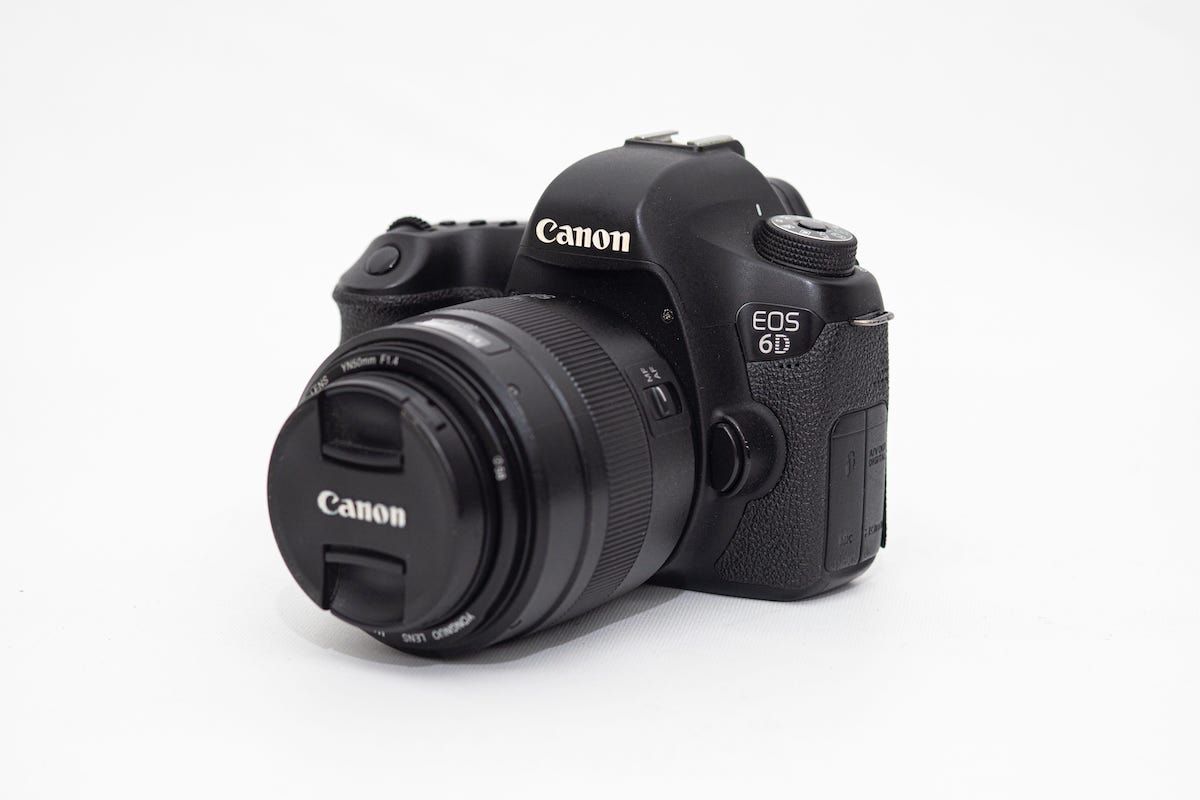
If you want to take photography to a more professional level, DSLRs are an excellent choice.
Key features:
- High-quality DSLR images
- Interchangeable lenses
- The most extensive range of lenses available
- The two most popular brands of DSLRs are Canon and Nikon
Pros:
- Ability to control all settings
- Many lens options
- HD video
- Optical viewfinder
- Customizable
Cons:
- Can be on the bulky, heavier side
- High price point
- Semi steep learning curve
2. Mirrorless cameras
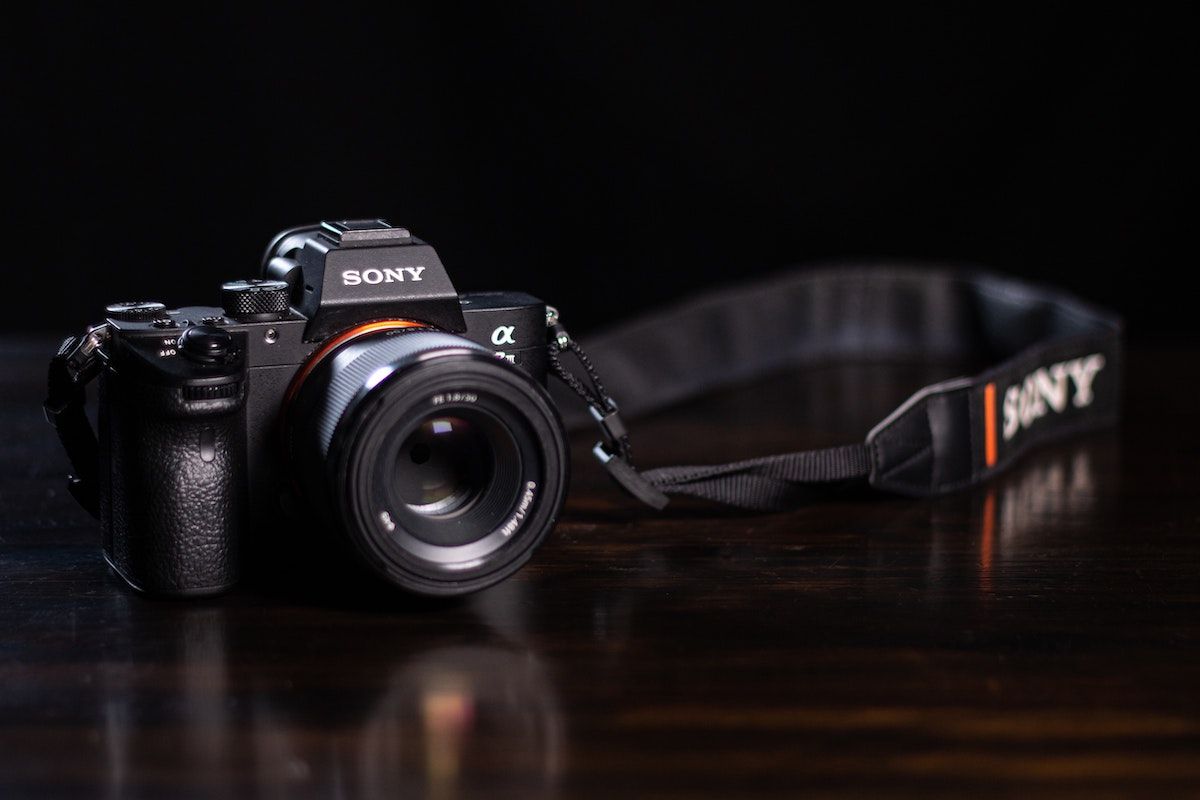
In recent years mirrorless cameras have gained popularity.
Key features:
- smaller and lighter than many DSLR cameras
- with no less quality
- come with full-frame or crop sensors
- there is no difference in image quality between DSLR and mirrorless cameras with comparable sensors
- Due to their more compact size, mirrorless cameras have smaller batteries
Pros:
- Lighter and more compact than DSLRs
- Full settings control
- Interchangeable lenses
- High-res images and excellent sharpness
- Attractive build quality and aesthetic High-res video capabilities
Cons:
- Electronic viewfinder
- Can be laggy and slow
- Fewer gear and accessories
- Shorter battery life
3. Bridge cameras
This type of camera is ideal for you if you've discovered a passion for photography and the phone camera you have doesn't do the job anymore. Bridge cameras are far more capable and without the limitations of smaller cameras.
Key features:
- The size of the sensor is not as big as in most DSLRs and mirrorless cameras
- It is, though, bigger than you'll find in compact cameras and phones.
- This type of camera has a fixed lens. You cannot swap it out for another lens
- All bridge cameras have zoom lenses.
- The higher-end models have zooms with incredible ranges, from very wide to ultra-telephoto.
Pros:
- Small and light
- Easy to use
- Versatile zoom lenses
- Affordable
- Reasonable size sensor
Cons:
- Lens quality
- Battery life
- Lower image quality than mirrorless or DSLR
- More difficult to control manually
4. Compact cameras
This type of camera is often called a point-and-shoot camera because they are quick and easy to take photos. If you want something of an upgrade from your phone but don't want to carry a larger camera, this is the type of camera for you.
Key features:
- Everything is automated, so you don't have to pay much attention to capturing an image
- It's smaller than your phone to a little larger but will still fit comfortably in your pocket or purse.
- Sensor sizes are smaller, but not so small as in most phones.
- One significant advantage a compact camera has over a phone is the zoom lens.
- Having an optical zoom lens gives you more flexibility and convenience than your phone.
Pros:
- Incredibly easy and user-friendly
- Affordable
- Zoom lens
- No need to change the lens
- Small and lightweight
Cons:
- Limited settings and features
- Small sensor
- Lower resolution
5. Film cameras
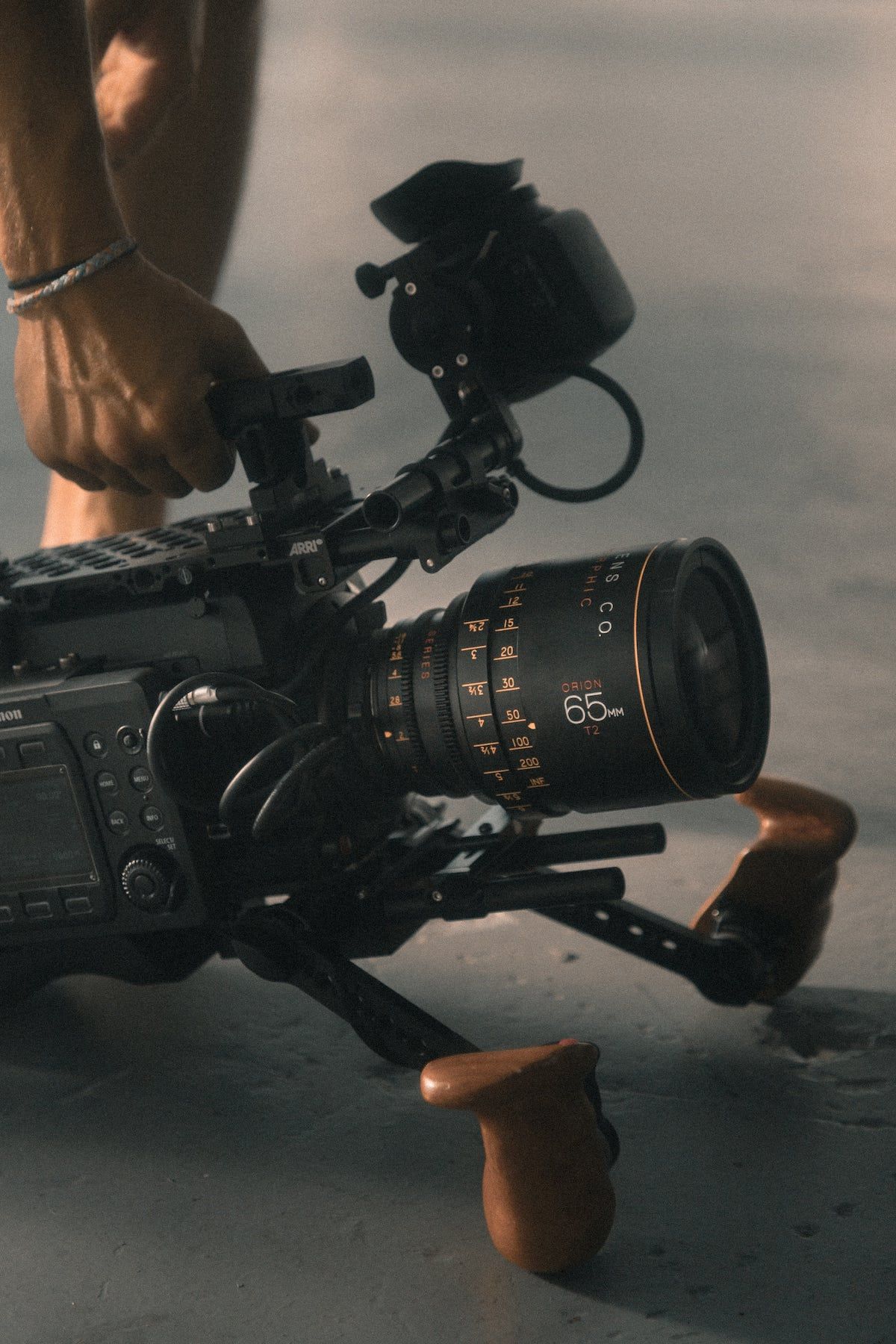
Film cameras are not dead. Besides many beginner photographers using film cameras to develop their style and skills, the fashion of film cameras is back among many teenagers nowadays.
Key features:
- The main difference for digital photographers who pick a film camera is the lack of a screen
- You also need to be more sure of your settings because you won't know if you get something wrong until your film comes back from the lab.
- They all have a lens and a shutter to control the light.
- The film you load determines the ISO.
- There are many types of second-hand film cameras available.
Pros:
- It's authentic and vintage
- Inexpensive, quality lens
- Great image resolution
Cons:
- Steep learning curve
- Film costs can be high
- No monitor
6. Action cameras
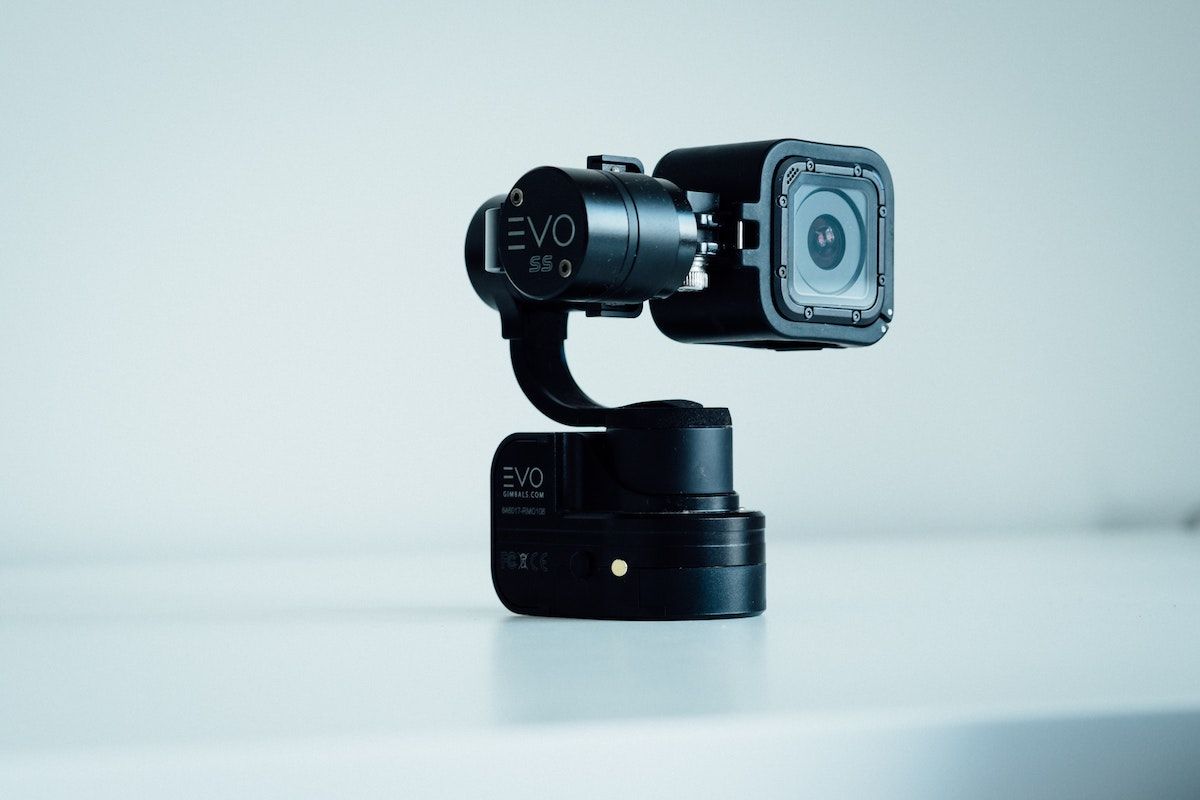
Action cameras are ideal for adventure seekers and adrenaline junkies. Also perfect for the outdoors.
Key features:
- they can withstand rough weather conditions
- they're shockproof, lightweight, and highly durable
- include 4K video, screens, and high FPS rates
Pros:
- Super lightweight and durable
- Can be mounted and fixed anywhere
- Weather-proof and versatile
- High-quality resolution in a small body
Cons:
- Small sensor
- No manual focusing
- No viewfinder (usually)
- Few settings and customizations
- Poor battery life
7. 360 cameras
360-degree cameras are becoming more and more popular, and for good reason. They produce gorgeous, realistic-looking panoramic photos that are perfect for the outdoor photographer.
Key features:
- Many of them are like action cameras, being able to withstand rough conditions and are weather resistant.
- They produce amazing photos using a 360-degree camera.
The camera will capture a full 360-degree view in a single click.
Pros:
- Lightweight and easy to carry
- Can be mounted anywhere
- Allows live streaming/live view
- Produces realistic images
Cons:
- Lower resolution images
- Sensitive to motion blur and camera shake
- Can be challenging to frame shots
- Cannot be printed
8. Smartphone cameras
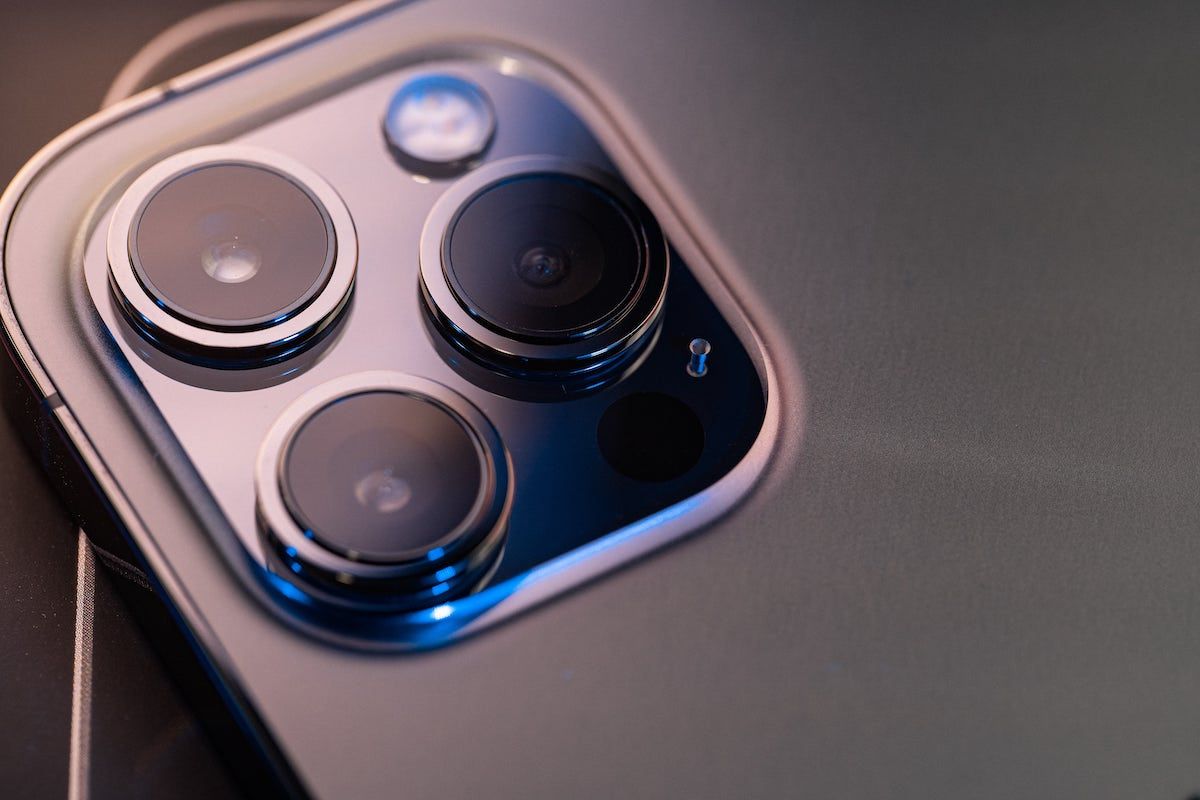
This is the most popular and user-friendly choice of camera for anyone.
Key features:
- Stores all your photos on your device, and you have the option to upload them immediately
- You can capture all the candid moments, landscapes, and portraits without much effort.
- The quality of smartphone cameras has improved dramatically.
Pros:
- Small, lightweight, and versatile
- Convenience
- Easy storage and cloud backup
- Add-on lenses
- Great selection of accessories
Cons:
- Limited settings and functions
- Small sensors
- No Manual control
- Image Quality
9. Instant/polaroid cameras
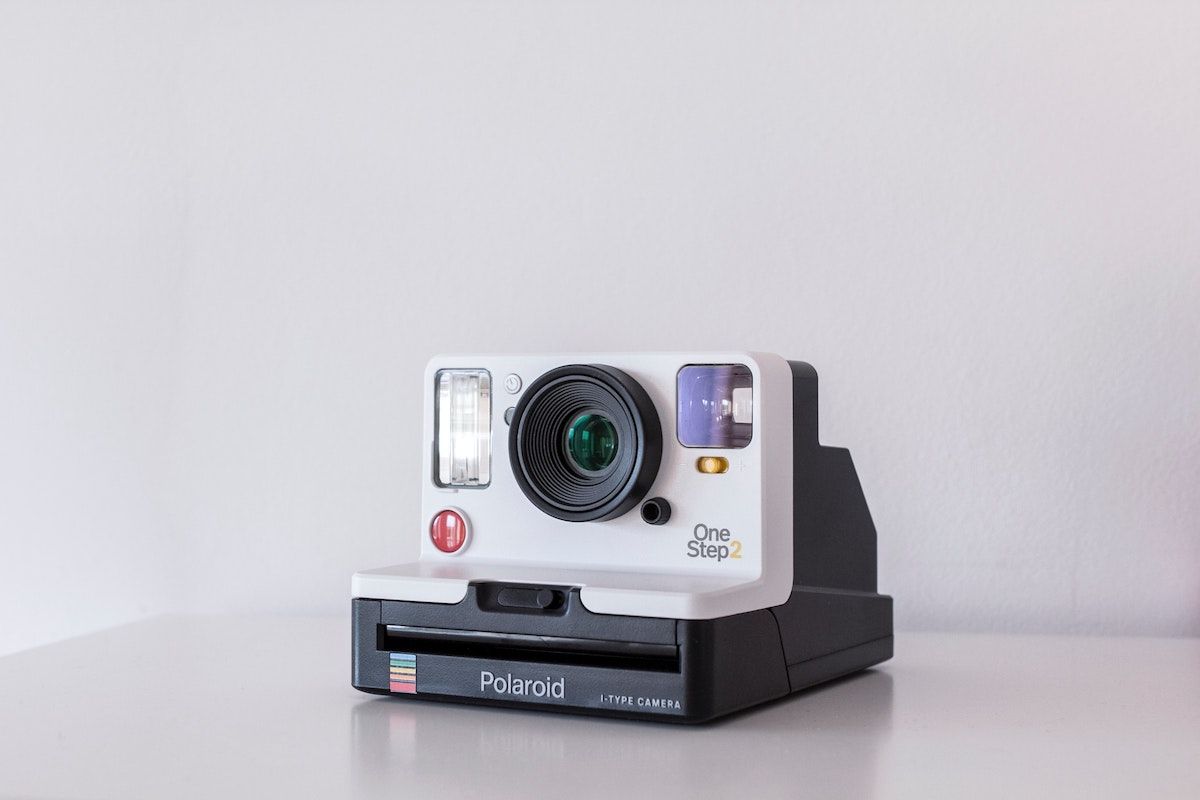
They bring a specific mix of nostalgia and fun to their users. Also suitable for beginners.
Key features:
- These range from toyish point-and-shoots to advanced instant cameras, Polaroids, and more.
- Instant cameras are like a hybrid of vintage analogue and digital photography
Pros:
- Compact design
- Easy to use
- A fun way to snap photos
- Prints instantly
Cons:
- Can be expensive
- Film can be pricey
- No interchangeable lens
- Limited control settings
10. Medium format cameras
Consider medium format cameras if you are into professional photography. Due to its higher price point and its niche market, there aren't many in the market. However, these cameras are incredibly powerful and targeted.
Key features:
- They have huge sensors.
- They produce higher image resolution than full-frame cameras
- If you are an expert, the 50-100 megapixels with in-body stabilization feature would appeal to you
- The resulting images are stunningly detailed and of higher quality than in a full-frame DSLR or mirrorless camera.
Pros:
- Large sensor size (120mm)
- Low light noise
- Shallow depth of field
- Interchangeable lens
- Wide dynamic range
- Excellent image quality
Cons:
- Very expensive
- Can be pretty bulky and heavy
- Slower auto-focus
Rent or subscribe to a camera
Rent Camera Gear: Access Pro Equipment
qqHXJy6AWlc
Camera Hire: Take Your Production to The Next Level
71PttfqWPXk
Camera Rental: Save Money with Wedio
5sHshmF1n_Y
Now that you know what types of cameras there are, you can make a better-informed decision about which one suits your needs best. Every camera type comes in different brands with different models.
Start trying out various cameras and models, to find the one you like. Get easy access by renting your cameras.
And when you find the one you like, why not subscribe to it?
FAQs
What are different types of cameras?
DSLR cameras,
Mirrorless cameras,
Bridge cameras,
Compact digital cameras,
Film cameras,
Action cameras,
360 cameras,
Instant Cameras,
Smartphone cameras.
How many types of cameras are there?
There are 9 main types of cameras.
What types of cameras are best?
It all depends on your needs and wants. Choose the category that best fits you first.























